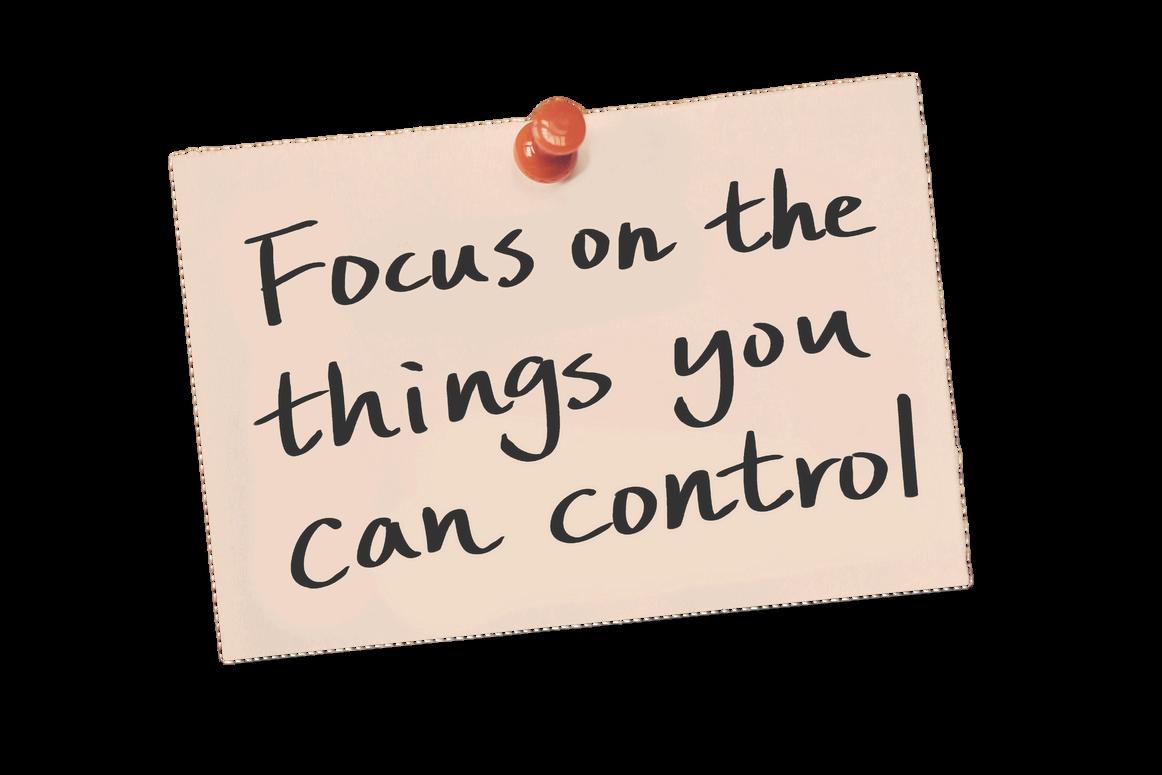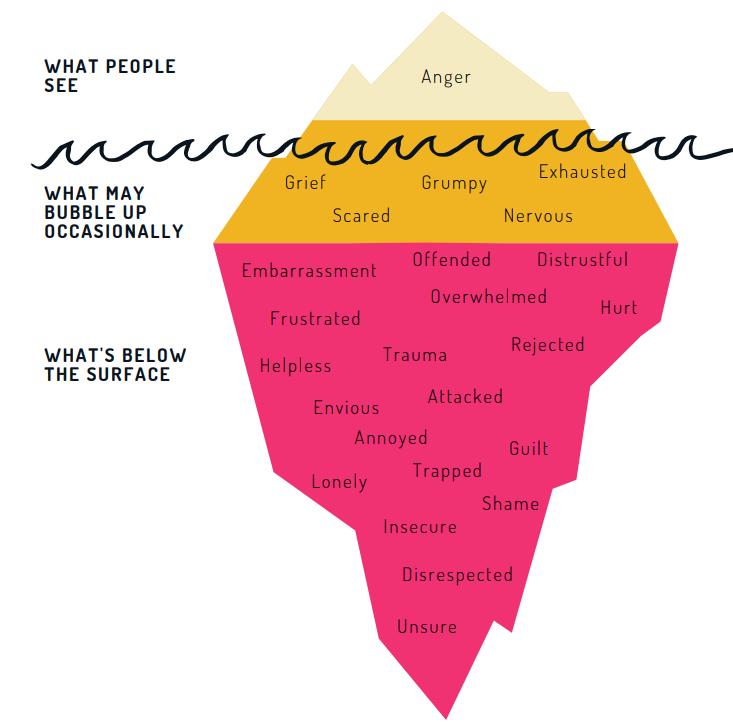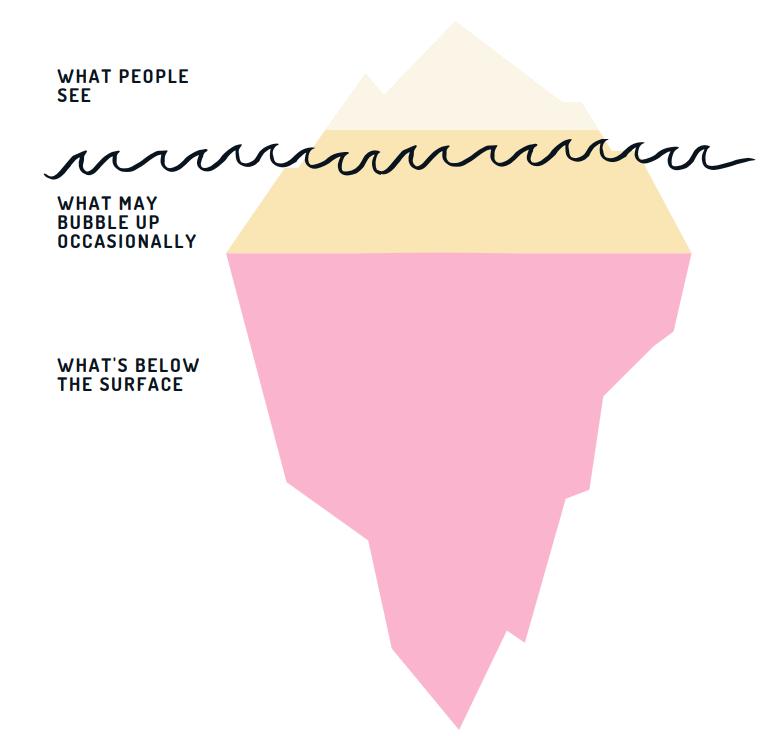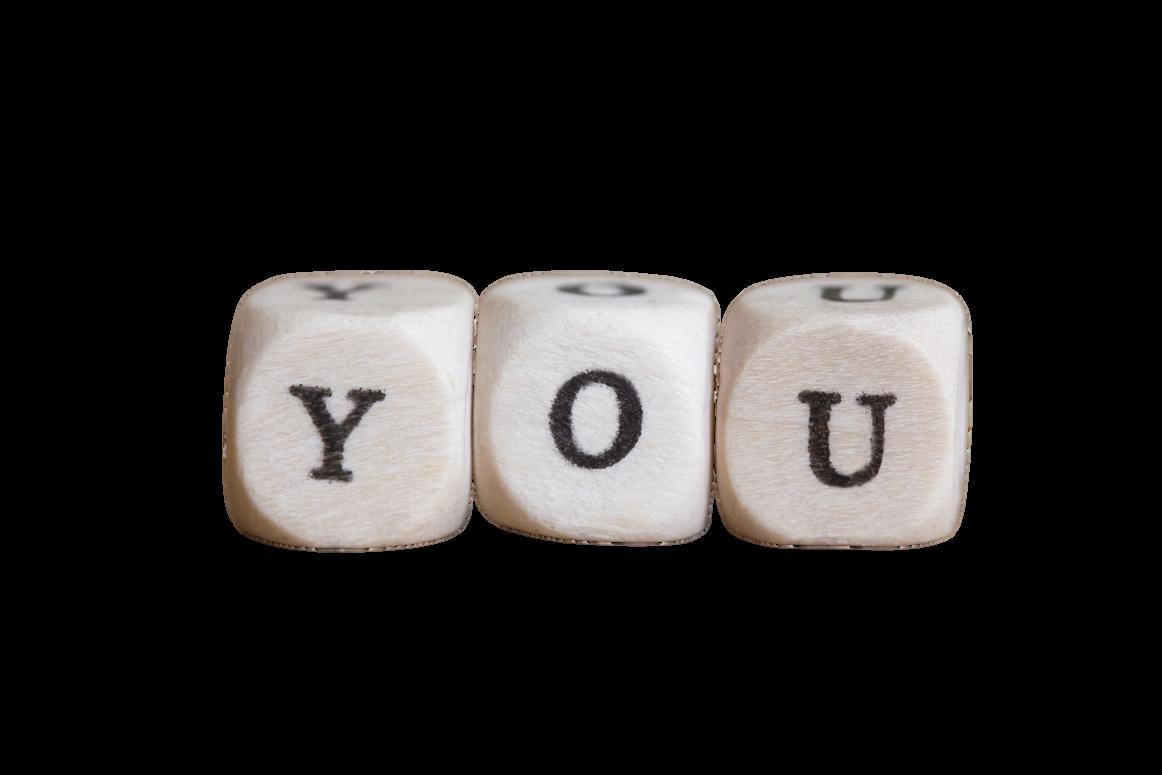
What is parental conflict? Thought Prompt card




Every family is different and no matter who is in your family, things can be tough sometimes. Every family argues and sometimes parents may argue about things like money or house work.
However, if your parents argue a lot, and the problem is not sorted out, it can be a sign of an unhealthy relationship and be upsetting for you to be around. You may feel confused and caught in the middle and not sure what to do. If you are worried about what is happening, it can help to:










It is important to remember that these arguments are not your fault. Parents sometimes have disagreements and emotions can get out of control, but this has nothing to do with you or anything you have done. Healthy communication styles require practice and hard work.
Tip1

Dealing with family conflict and arguments can be stressful and tense, even if we are not involved in the situation When parents argue a lot it can be horrible listening in on the situation Stay out of any arguments, especially if you are worried that it will not be safe You can not control if someone else gets angry but staying calm can stop things turning into an argument.


There are many reasons why families argue. If a member of your family is going through something, it is okay if this is affecting you too. Your feelings are valid and it is important to talk to someone you trust about how you are feeling


Speaking to someone you know well and trust can be a great way to vent about your current issues with your family. This could be a friend, relative, someone from school There are also helplines that you can use if you do not want to talk to someone who knows you and your family

If talking is hard, activities like writing in a journal, drawing pictures or making music can all help. Write down all of your thoughts and feelings. Draw and doodle, all this can really help you process family arguments and get a better understanding of how you feel It can be especially helpful if you need a way to express yourself.

Here are some services that can support you.
In an emergency, you should always call 999.
Childline www.childline.org.uk please call, chat online or email about any problem big or small Call on 0800 11 11
Kooth offers online counselling, advice and emotional well-being support for anyone aged 10-18 go to www.kooth.com


In every family there are times when parents do not get along. This is natural. We also know that some parents argue more often or for longer. We would like you to think about how you feel when your parents argue or disagree. There are no right or wrong answers You should just pick the answer which is best for you.


Scan the QR code to access the full version of the quiz















When you have finished answering the quiz, share the answers with the adult who asked you to fill it in or with an adult you trust Your answers will help them to identify appropriate support to help to make change.



In every family there are times when parents do not get along. This is natural. We also know that some parents argue more often or for longer and in that situation you may feel confused, scared, worried, caught in the middle and not sure what to do.
How to use this card:
1. Read below the different roles that children may take on when their parents argue.
2 Do you recognise doing any of these roles yourself?
3. If yes, share the answers with an adult you trust. There are also helplines that you can use if you do not want to talk to someone who knows you and your family.
Messenger takes information between parents

Fixer tries to get the parents back together




Secret keeper is asked to keep adult secrets


Spy feels pressure to report back details about each parent
Childline www.childline.org.uk please call, chat online or email about any problem big or small Call on 0800 11 11 Kooth offers online counselling, advice and emotional well-being support for anyone aged 10-18 go to www.kooth.com
Judge encouraged to decide which parent is right and which parent is wrong in a situation
Peace Maker tells each parent what they think they want to hear
Peace Keeper feels like they have to try in some way to keep the peace



This activity will help you to identify the positive and negative behaviours when difficult conversations are needed. How you behave in these conversations has an impact on your relationships and finding the solution.
1 Assess behaviour clouds as positive (helpful) or negative (unhelpful)
2. Discuss your responses with a friend, teacher, or family member.
3. Reflect on whether you recognise the behaviours in yourself or others.
4. Share findings with an adult you trust or use helplines below for support. The helplines can be used if you do not want to talk to someone who knows you and your family
Taking time out when things get heated
Being respectful. Treating the other person the way you would like to be treated.
Shouting and screaming over the other person to be heard
Always wanting to 'win' discussions and arguments
Saying sorry or making a peace offering.
Maintaining secrets and hiding feelings, thoughts and worries
Being critical of the other person directly to them or someone else



This card will help you to consider what is happening 'below the surface' which influences how you behave. An iceberg has only 10% of its total mass above the water while 90% is underwater, that 90% is what the ocean currents act on and what creates the “iceberg’s behaviour”.
1. Scan the QR code to access the template with the iceberg image.
2. Use the emotions/feeling words and add to the blank iceberg image.
3 Are you surprised at what feelings/emotions are below the surface?


4. Do you think this changes your behaviour and if so why? Speak with an adu you trust. There are also helplines that you can use if you do not want to talk to someone who knows you and your family.


https://www.bromley.gov.uk/BromleyParentingHub


Relationships are a big part of life whether they are with friends or loved ones. Being in a relationship can be exciting and should make you feel happy. A healthy relationship is when everyone feels respected, trusted, and valued for who they are. Turnover card to find out what makes a relationship healthy and supportive.











is thinking or treating someone with consideration, to appreciate them, their feelings and opinions
is treating others the way you want to be treated


Trust
is a belief that someone ’ s dependable and won’t let you dow

Equality is when you have fun together but not at the expense of others is when no one misuses their power or skills to hurt or control others
dependence g able to do your g and have different
Good Communication is clear, honest, and respectful of others’ feelings The ability to work through disagreements
Safety
you should always feel safe and respected






There are lots of ways your family’s life may change:
New baby
Moving house
Someone in your family dying
Problems with money
Someone becoming unwell
You parents getting a divorce or separating
Getting a step-parent or joining a step-family
Change is not always easy. It mi ht t k some time for everyone to get used to new ways No matter w there are things you can do:





There is no right or wrong way to feel when there are changes in your family. Some people might be relieved, but it is also natural to be nervous, upset or angry. If you are feeling ashamed or embarrassed by what is happening it can be hard to ask for help. No matter what is happening there are things you can do.
Talking about your worries can help you to feel better and find new ways to cope You could talk to your family, and adult you trust or to Childline.

Say what is important for you
Think particularly about the following issues:
Time with friends

School and after school activities (sport, drama, music, etc )
Time with other members of the family that you feel close to (e g grandparents)
Contact with pets
Spend time doing the things you enjoy: talking to friends listening to music reading books or writing your diary physical exercise
Give yourself time
Do not expect to be the glue that keeps the family together Your feelings and thoughts surrounding your situation are important Remember to breathe and take each day as it comes.



A divorce is when two people decide to end their marriage. Getting a divorce is a legal process, and it will usually include agreements about things like who will be staying where and what is happening with money.
There is no right or wrong way to feel if your parents or carers are getting divorced What is happening is not your fault No matter how you are feeling, there are ways to cope.



Going through changes or arguments can feel stressful and upsetting, sometimes you might:
be angry or upset at your parents miss how things used to be have to change schools move home

be told you have to give up things you own for example say goodbye to a pet not get to see people you care about as much
There is no single reason that people break up. They might have grown apart or changed over time, or something might have happened that has changed how they feel about each other.
Ask questions
Let your feelings out
If you are not sure what is happening or why, it can help to ask If you have got lots of questions, it might help to write them all down so you do not forget
Seek support
Keep a healthy routine
There are loads of ways to express yourself, and it can take time to find what is right for you You could try writing a journal, doing something active, or trying a creative way to express yourself.
Make sure it is a person you trust and feel safe with like a parent, carer, or someone else in your family, teacher, sports coach or a member of staff at your school, doctor, school nurse or a school counsellor. It can really help to talk to someone you trust
Make sure you are getting enough sleep and exercise, and that you are eating healthily. Try to keep a similar routine to what you have had before to help things feel familiar




It is so important to make sure you take good care of your body and mind every day. It is okay to talk about your emotions, thoughts and struggles as many of us face similar experiences. You need to figure out which self-care coping skills work best for you, learn how to use these coping skills and implement them in your regular routine. Try our Mood Battery activity to as a practical way to explore and express how the day is going. To access the activity template, please scan the QR code.



https://www.bromley.gov.uk/BromleyParentingHub




Our tips and techniques, ideas and inspiration, can help you feel more in control. And you can access them in your own time, at your own pace!

You do not have to be really sporty or competitive. Being active can include walking, swimming, yoga, skipping, skateboarding or dancing
Try a few things to see what you enjoy. Being active has loads of benefits like: feeling less stressed helping your mind and body feel healthy k i f ssed n


No matter how low you feel, try to find one thing that you like about yourself It could be your hair, your sense of humour, your taste in music, or football skills. Once you have made that start, you can begin to think of more things and create a positive image of yourself
Choose fresh fruit and vegetables and drink plenty of water By looking after yourself this way, you will naturally feel better and have more energy.



It could be a small thing, from styling your hair differently to trying a new hobby As you learn new skills, you will discover more gifts about yourself.
